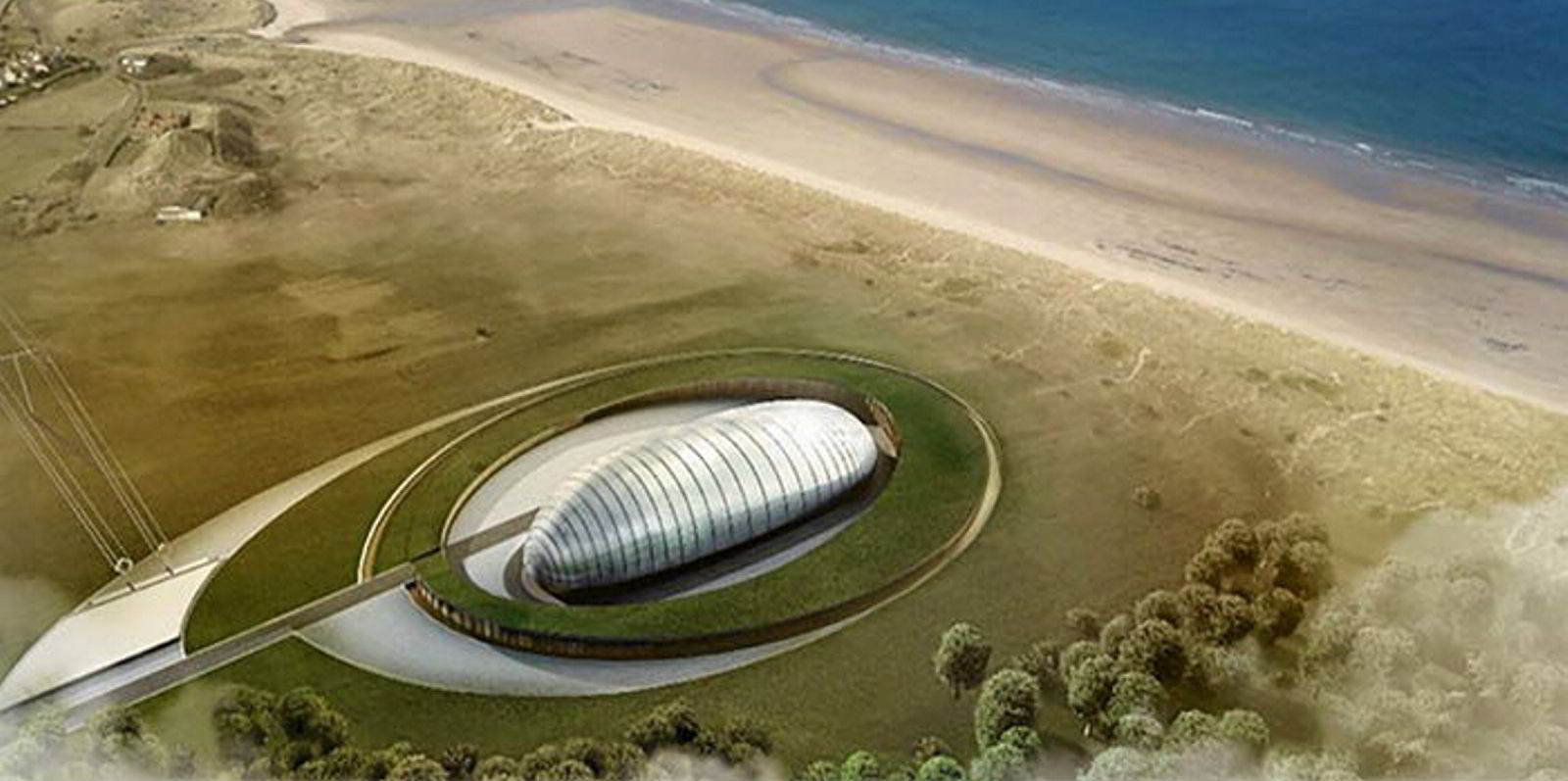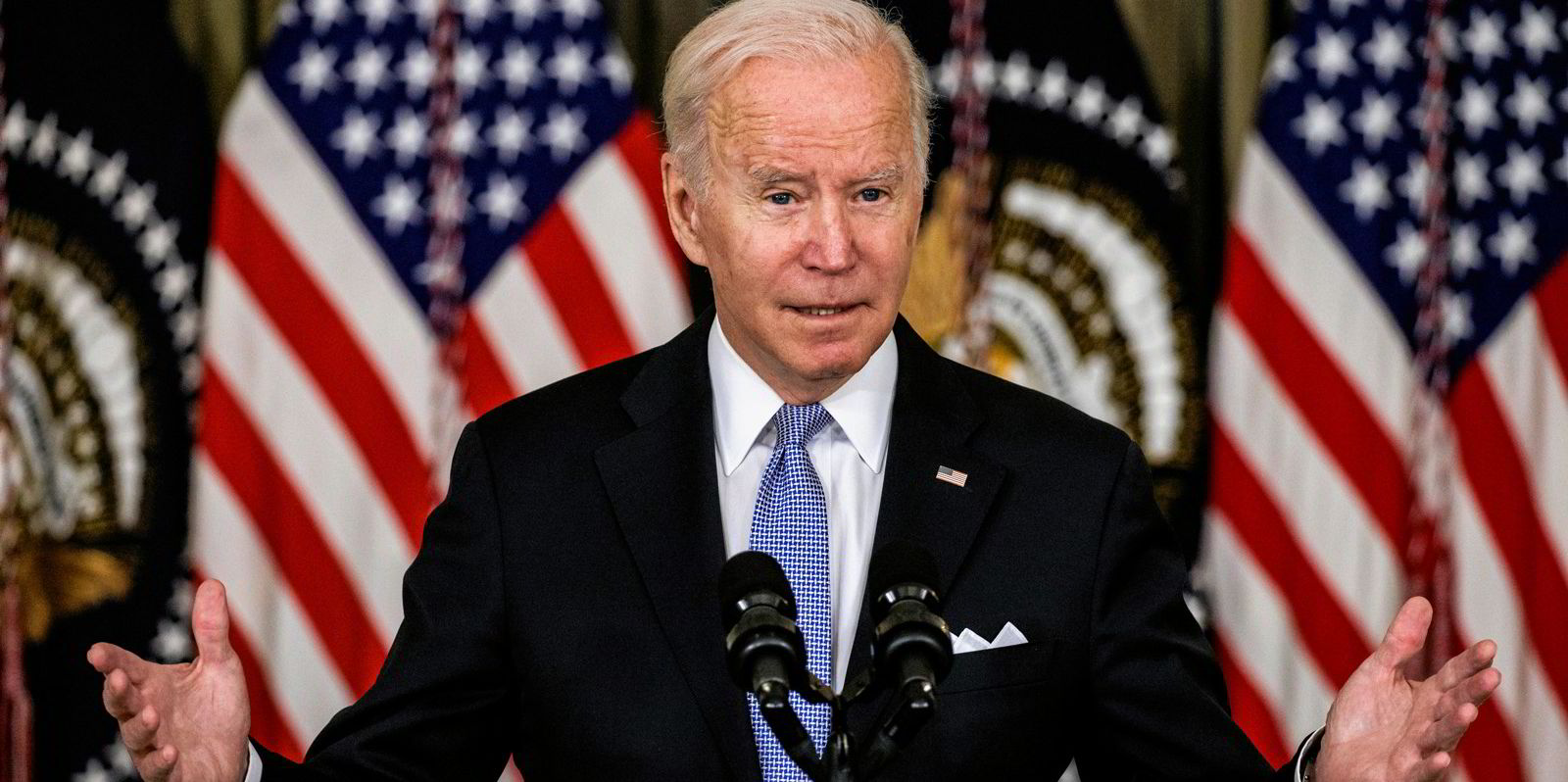A new generation of small modular nuclear reactors (SMRs) can compete with renewables as a power source for hydrogen electrolysis if they can hit a $65/MWh price benchmark that's roughly half today's level, claimed Wood Mackenzie.
The research group said at that point, and assuming electrolysers running at sufficiently high load factors, SMRs could emerge as a key element of the energy transition mix as a flexible, dispatchable option for H2 output alongside green hydrogen from wind and solar.
SMRs, sometimes known as mini-nuclear plants, are designed to be smaller and far cheaper to deploy than the massive multi-gigawatt scale sites that are currently the mainstay of the nuclear power sector.
However, they are mostly in the early stage of development, with only a handful actually in operation, said Wood Mackenzie Asia-Pacific head of markets and transitions, Prakash Sharma.
Current SMR designs are delivering power in the range of $120/MWh or more, Wood Mackenzie reckons, but “can fall under $80/MWh in the 2030s with government support, technology innovation and investments. China has achieved faster cost declines in other technologies and could potentially repeat the success in SMR nuclear,” Sharma said.
“SMR may still be in its infancy, but its potential is endless. They can play a role in producing low-carbon hydrogen, which is a cornerstone of almost all deep decarbonisation scenarios.”
Recharge has previously reported how Rolls-Royce, the UK power technology group with one of the most advanced SMR designs, has claimed it could match offshore wind on cost of electricity at around £50/MWh ($71/MWh) from a 470MW deployment.
President Joe Biden’s $2.3trn American Jobs Plan also namechecks nuclear, while corporate energy buyers such as Google have not ruled out the use of “advanced nuclear” technologies to meet decarbonisation goals.
Nuclear is increasingly being spoken of as a potential good fit with zero-carbon hydrogen production, as its high capacity factor and continuous operation could in theory avoid the intermittency associated with renewable supply and run electrolysers more efficiently, and so at lower cost.
Large-scale plants such as EDF's planned £20bn ($27.8bn) 3.2GW Sizewell C facility on the coast of eastern England are also in the frame to provide power for hydrogen electrolysis.
However, opponents have labelled nuclear a dangerous distraction from a fully-renewable energy system, claiming that despite the smaller scale, basic concerns over safety and storage of waste remain unanswered with SMRs.




